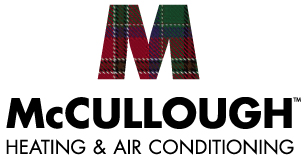4.9 Google Rating
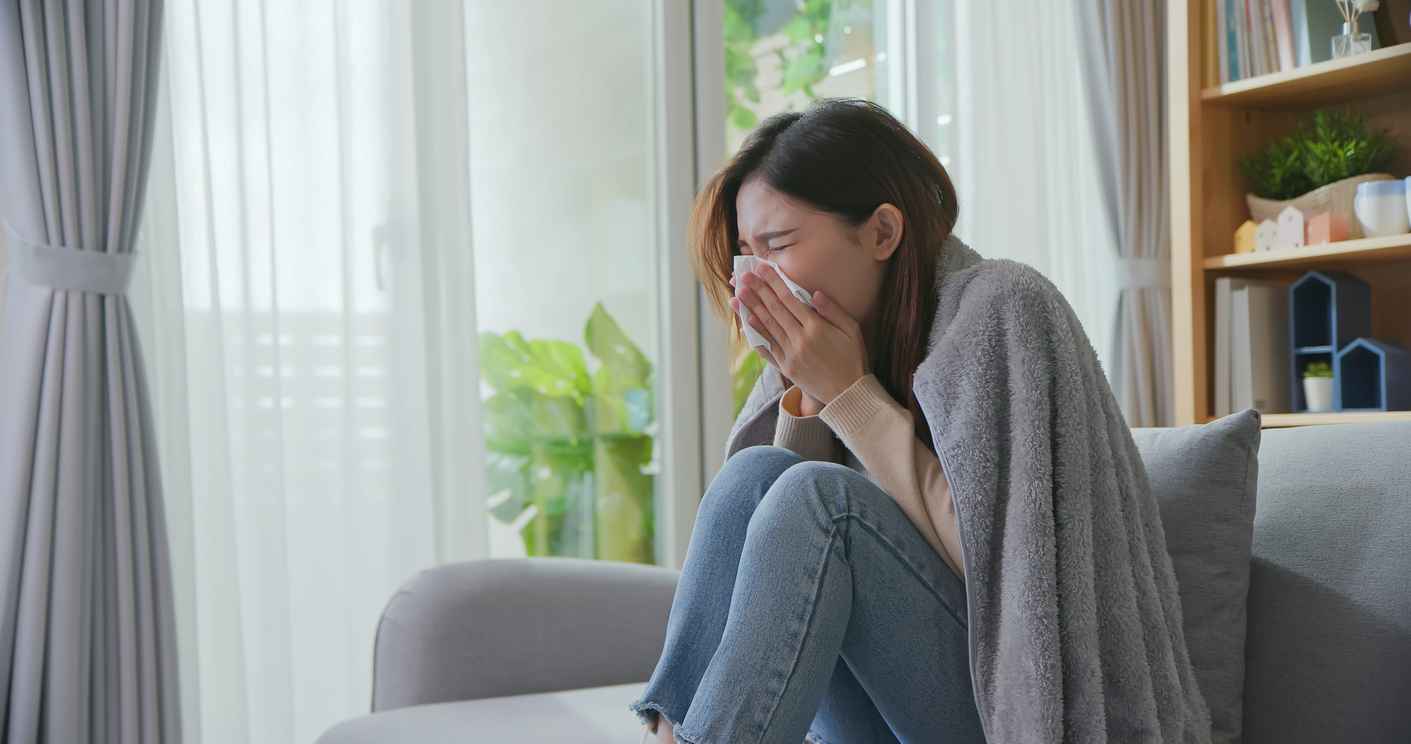
Fall Allergies in Georgetown, TX: How Your HVAC System Can Help
As the weather cools and Central Texas transforms into autumn, many Georgetown residents look forward to crisp evenings and the vibrant colors of the leaves. But for allergy sufferers, fall often brings more sneezing than scenery. Ragweed, mold spores, and dust can make life indoors just as uncomfortable as outside — unless your HVAC system is ready to help.
Your heating and cooling system can be a powerful tool in fighting back against allergens. With the right care and upgrades, it can improve indoor air quality, reduce allergy symptoms, and help you breathe easier all season long.
Common Fall Allergens in Georgetown, TX
Before tackling how your HVAC system can help, it’s important to know what you’re up against:
- Ragweed Pollen – One of the top allergy triggers in Texas fall months, especially from late August through November.
- Mold Spores – Moist fall weather and piles of damp leaves are perfect breeding grounds for mold.
- Dust and Dander – As you turn on the heater for the first time, built-up dust can circulate throughout your home.
These allergens don’t just affect outdoor air — they find their way inside through doors, windows, and even your HVAC system itself.
How Your HVAC System Can Help Reduce Fall Allergies
Your HVAC system does more than regulate temperature. When properly maintained, it can significantly improve indoor air quality and minimize allergens. Here’s how:
1. Upgrade to a High-Efficiency Air Filter
Switching to a HEPA or MERV-rated filter (MERV 11–13) can trap tiny particles like pollen, pet dander, and mold spores. Georgetown homeowners should check filters monthly during high-allergy seasons and replace them every 1–2 months.
2. Schedule Regular HVAC Maintenance
A professional tune-up before the heating season ensures your system runs efficiently and cleanly. Technicians can remove dust buildup, check air ducts, and inspect for mold growth — all of which can trigger allergy symptoms.
3. Use a Whole-Home Air Purifier
Consider adding a UV or electronic air purifier to your HVAC system. These devices neutralize allergens, bacteria, and viruses circulating through your air ducts, providing cleaner air throughout your entire home.
4. Control Indoor Humidity
Keeping humidity levels between 30% and 50% helps prevent mold and dust mite growth. Many HVAC systems can integrate with a dehumidifier or humidifier to balance indoor moisture year-round.
5. Clean Your Ductwork
If it’s been several years since your last duct cleaning, allergens could be trapped inside. Professional duct cleaning can prevent buildup and improve airflow, making your system more efficient and your air cleaner.
Georgetown Homeowners: Why It Matters
Georgetown’s mild fall climate often means open windows and long outdoor evenings — perfect for allergens to sneak indoors. A well-maintained HVAC system can give you a line of defense, filtering and refreshing your home’s air while keeping humidity balanced.
Investing in seasonal HVAC care not only helps your health but also boosts energy efficiency and extends your system’s lifespan — saving you money in the long run.
Pro Tip
Replace your air filter at the start of each new season and set a reminder on your phone or thermostat. Consistency is key when it comes to reducing allergens and maintaining system performance.
FAQ: Fall Allergies and HVAC Systems
Q1: Can my HVAC system really help with fall allergies?
A: Yes! With clean filters, regular maintenance, and proper humidity control, your HVAC system can reduce allergens like pollen, dust, and mold in your indoor air.
Q2: How often should I change my air filter during allergy season?
A: In Georgetown’s dusty fall months, it’s best to replace filters every 30–60 days, especially if you have pets or allergies.
Q3: Should I get my air ducts cleaned every year?
A: Not necessarily — but if you notice dust buildup, poor airflow, or lingering odors, professional duct cleaning every 3–5 years can help improve air quality.
Q4: What kind of air purifier works best with an HVAC system?
A: Whole-home purifiers that use HEPA filters or UV-C light are most effective for removing allergens and neutralizing airborne particles.
Q5: How can I tell if humidity levels are too high or low?
A: If you see condensation on windows, musty smells, or dry air symptoms (like static or dry throat), it’s time to check humidity. Smart thermostats can help monitor and adjust it automatically.
Serving Georgetown, TX, and Surrounding Areas
Whether you’re dealing with fall allergies or just want cleaner air indoors, maintaining your HVAC system is the first step. A trusted local HVAC professional in Georgetown can help inspect, clean, and optimize your system for year-round comfort and health. Contact us today to schedule a consultation or to hear about our fall offers.
Recent News
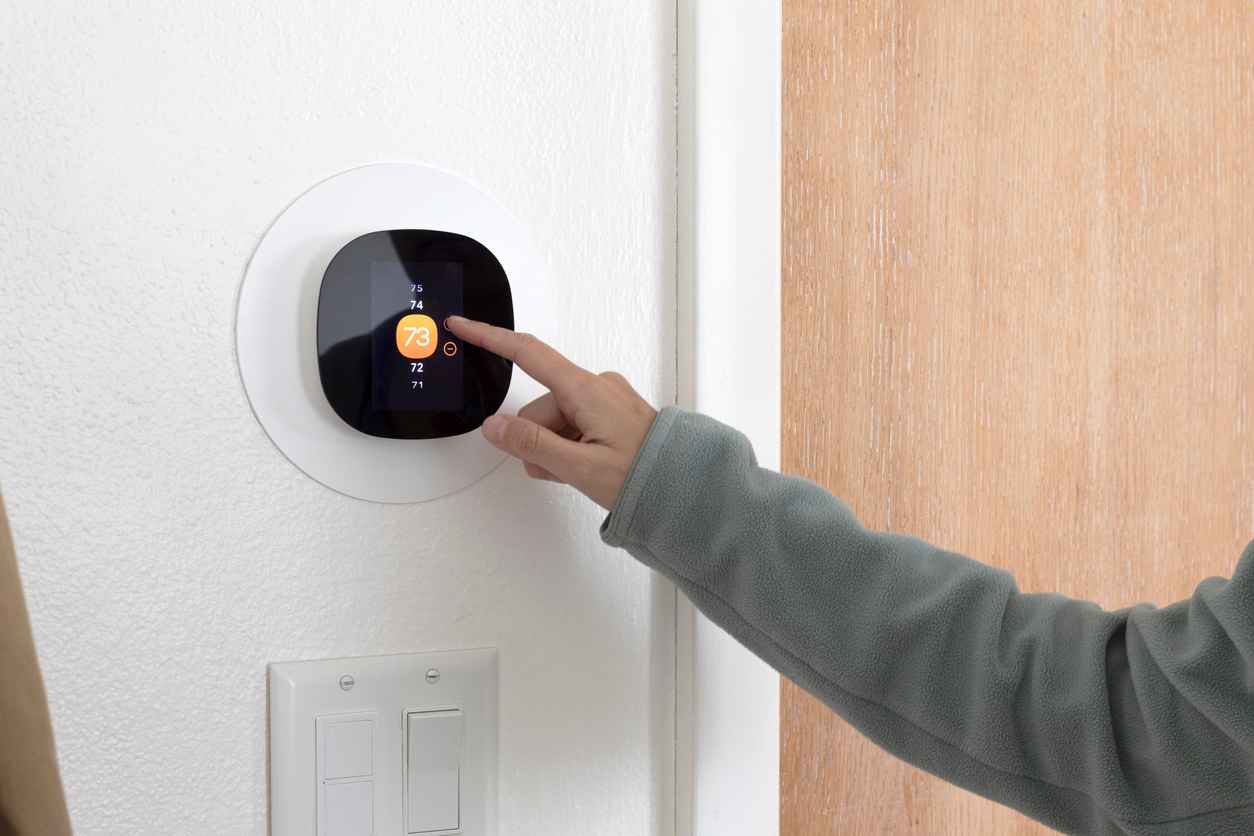
Heating and Indoor Air Quality Tips for Sun City Residents This Winter
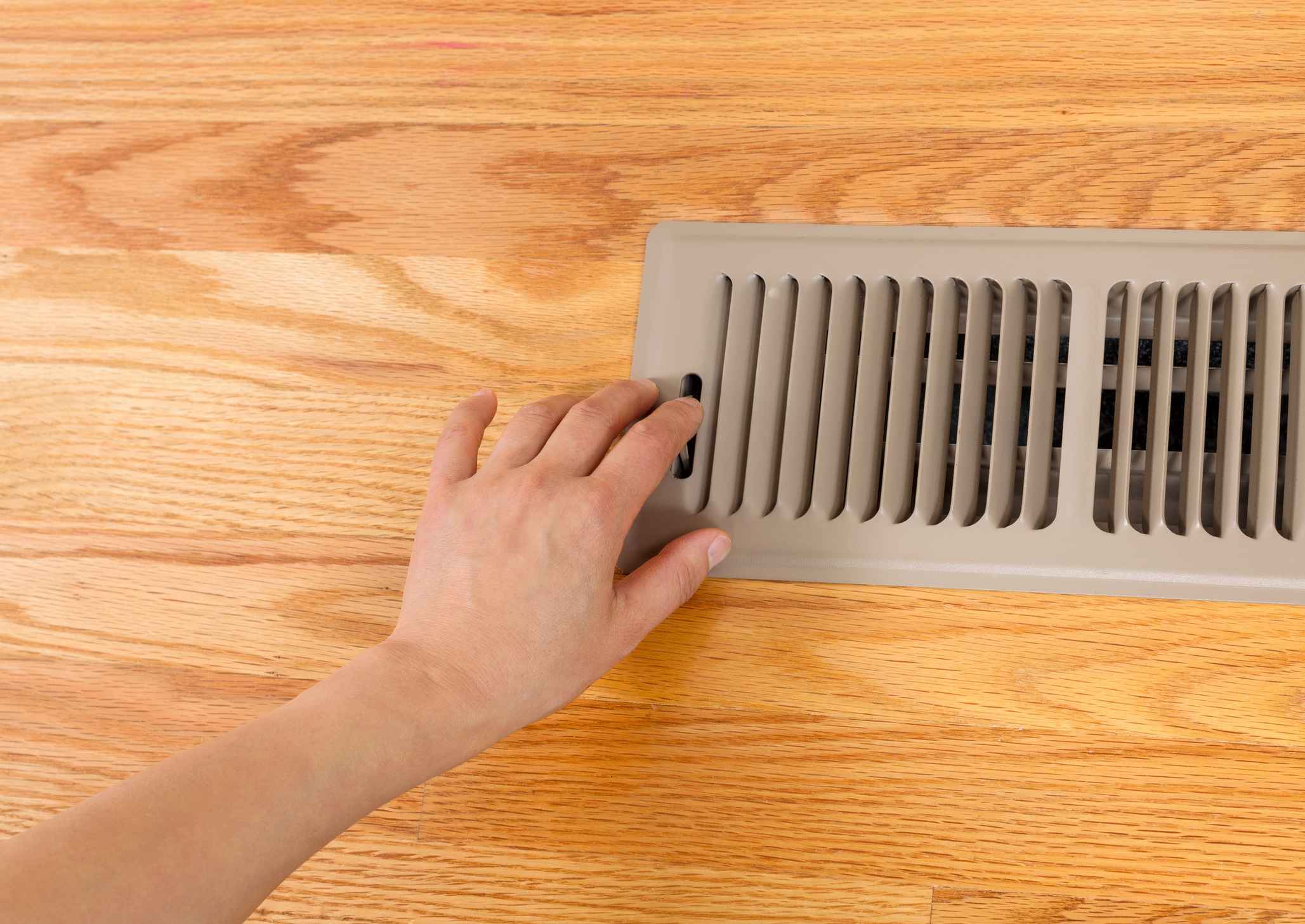
How Georgetown Homeowners Can Lower Heating Costs This December Without Sacrificing Comfort
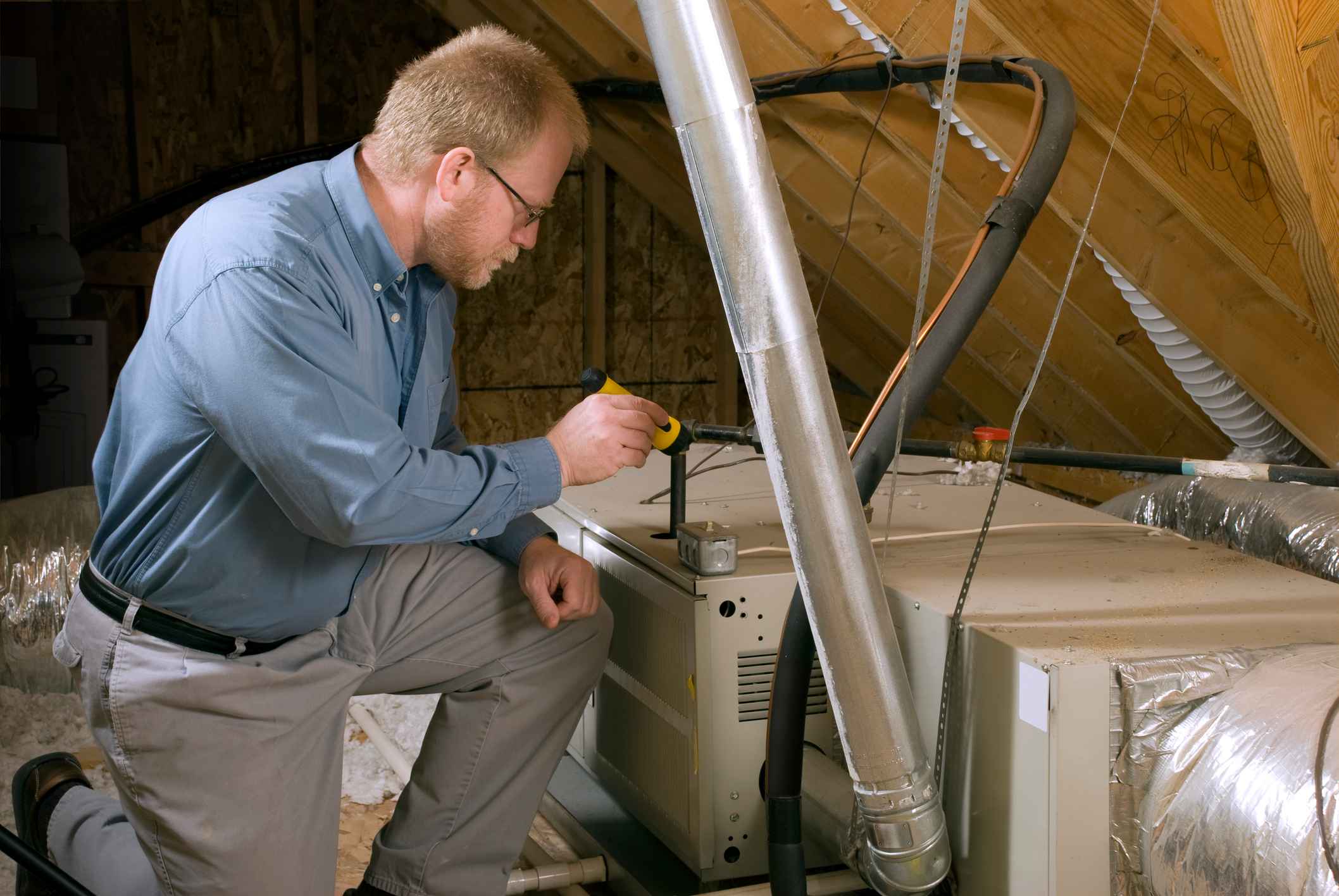
Is Your Furnace Ready for the Holidays? Essential December Maintenance Tips for Round Rock Homeowners
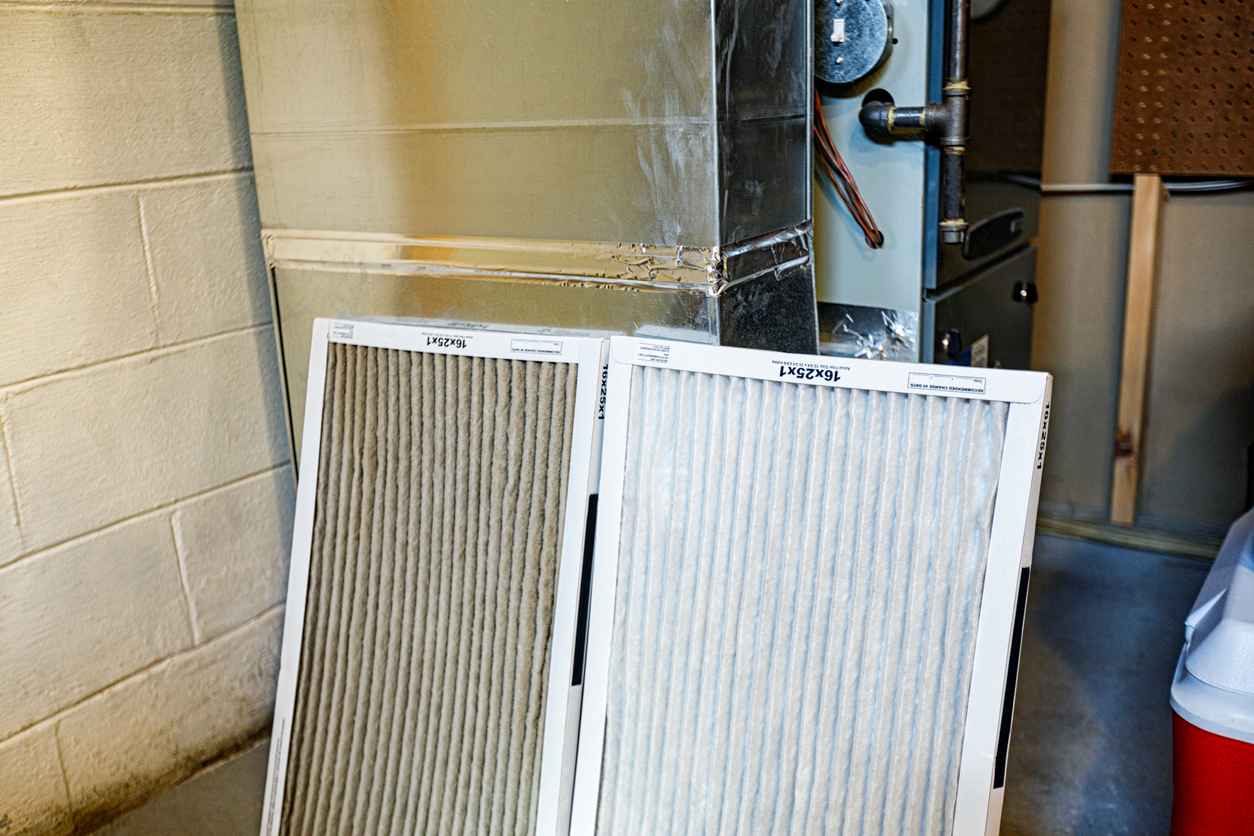
How to Improve Indoor Air Quality Before Winter in Georgetown & Round Rock, TX
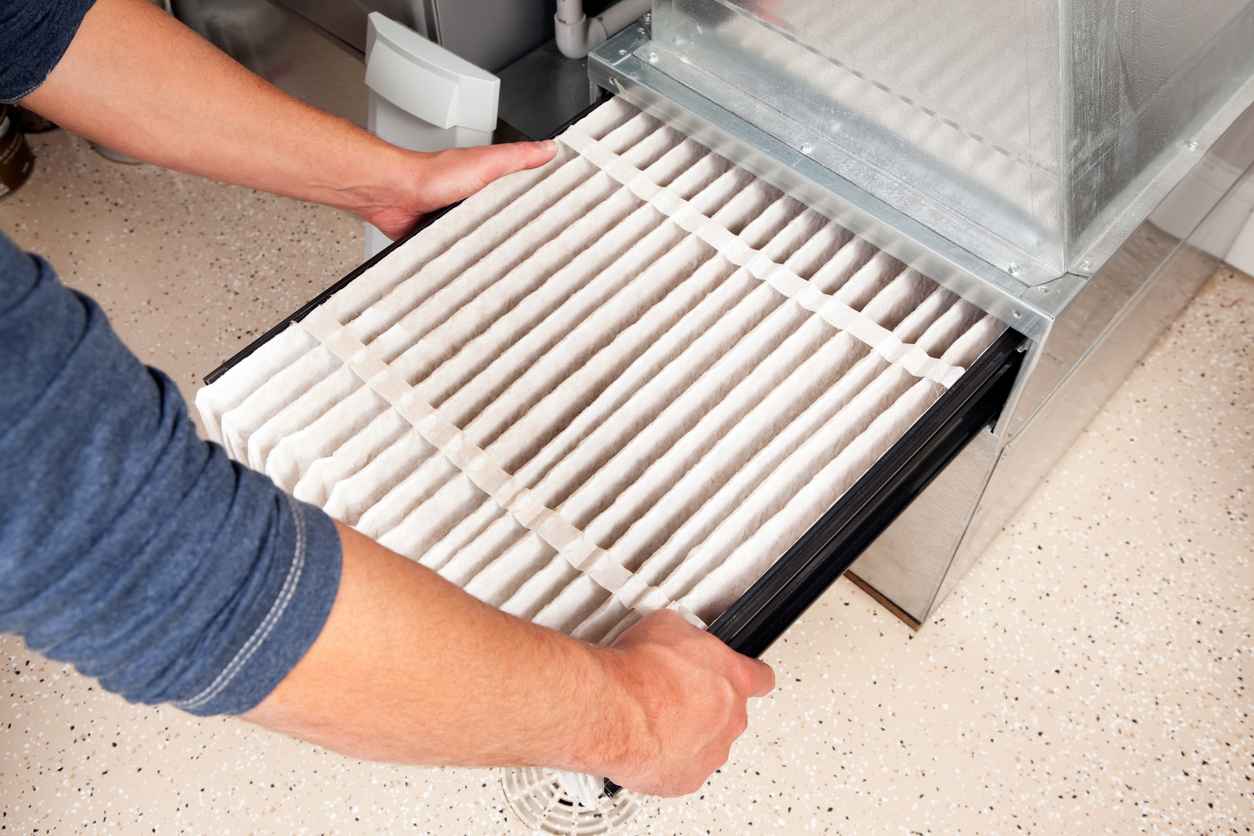
The Best Time for a Furnace Tune-Up in Georgetown & Round Rock
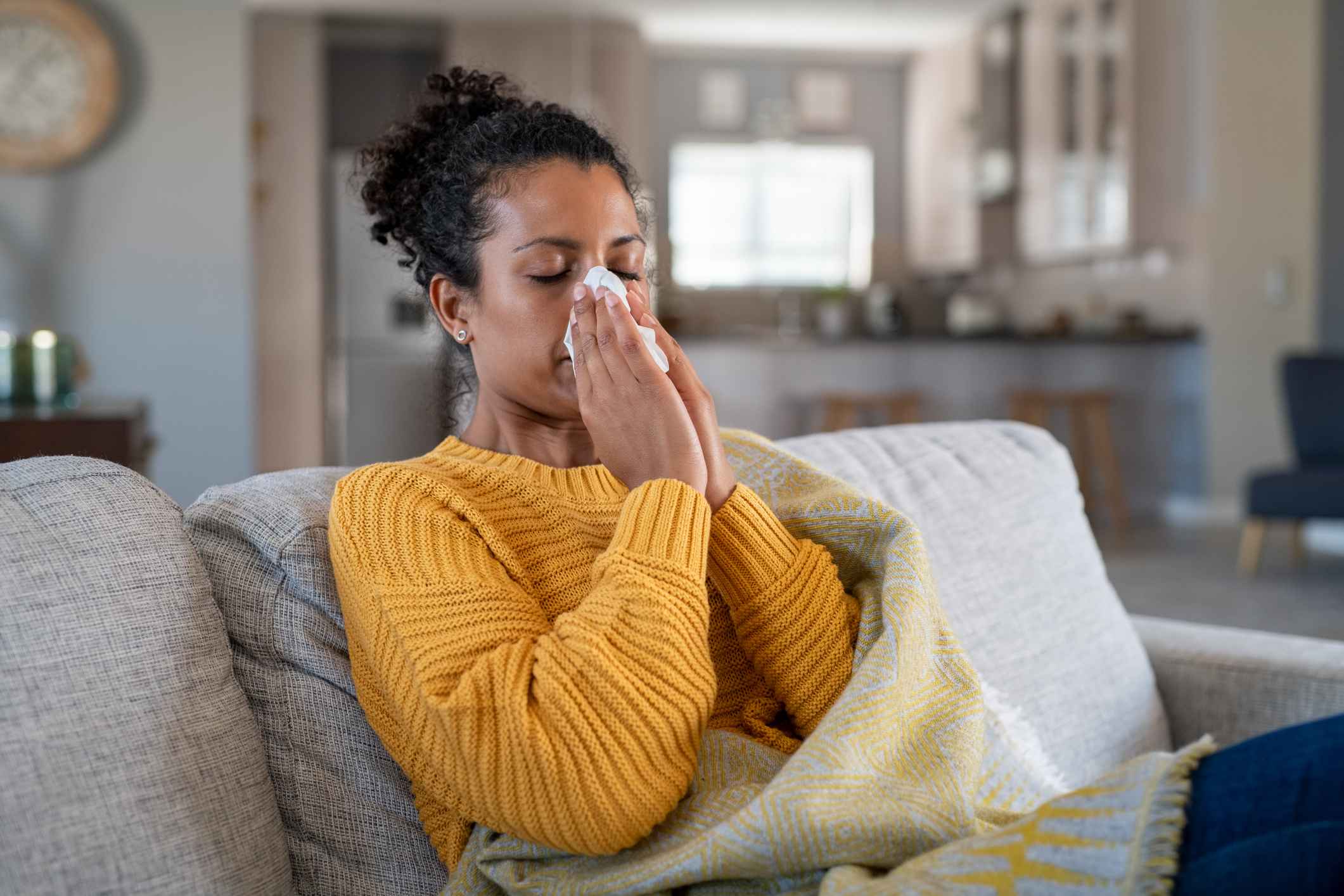
Fall Allergies and Your HVAC: Tips for Round Rock Families


